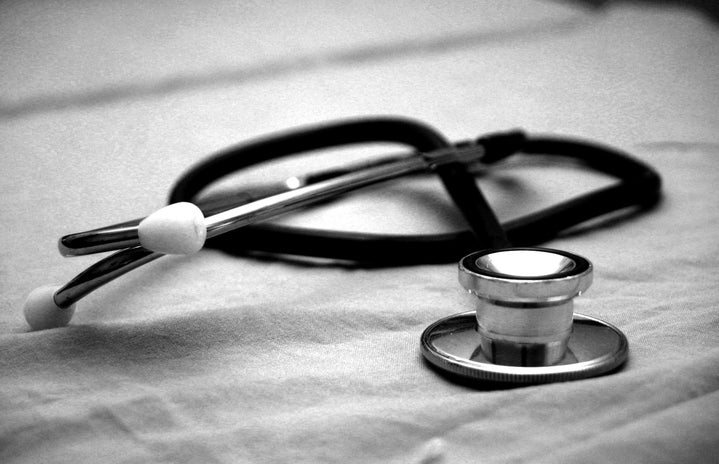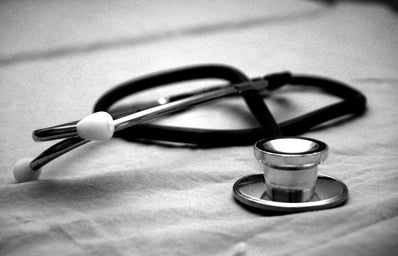Oncology is a difficult topic. Cancer affects many different people, and almost everyone knows someone who has cancer or has experienced cancer themselves. My mother is one of the brave people who work tirelessly to fight this disease and hopefully eradicate it. Growing up, I knew she worked with people who were very sick. I didn’t understand much about cancer or what my mom’s job was. I am now fortunate enough to sit down with my mom Meg Veal and ask her some questions about her significant career.
Her Campus (HC): Can you describe your job?
Meg Veal (MV): I work at the University of Florida as a Clinical Trials Study Coordinator. This means that I identify patients that are eligible for potential clinical trials. Clinical trials are studies that examine what type of treatment is best for a specific type of cancer. The patients I identify for the studies will have some sort of gastrointestinal cancer. I will explain the trial to them and assist them when they consent to the trial with the doctor. I follow the protocol calendar of events and schedule things such as CT scans and doctor’s appointments. I also do tasks such as performing EKGs and drawing blood so I can ship it to the sponsor of the study. It is also my responsibility to catalog any adverse reactions that may occur while the patient may be on the trial drug. I must report any serious adverse side effects to the FDA through a formal report.

HC: What is the most difficult part of your job?
MV: The most difficult part of my job is definitely when patients pass away. Working so closely with patients creates relationships. I get to know them, their families, what they like to do, etc. It is very difficult watching both the patient suffer, and their families suffer. Cancer is frustrating because many times, while people are suffering from it, they feel hopeless, and I wish they didn’t feel that way.
HC: What is the best part of your job?
MV: The best part of my job is being able to help people. Even if I make one person’s quality of life better, it makes all of the work we do worth it. It’s an amazing experience getting to meet all of these different people as well. Cancer affects many people from all walks of life, and it’s interesting to learn about different cultures, careers and whatnot. We have treated people that are homeless and people who are very wealthy. I always enjoy hearing about them and their lives, no matter where they come from.
HC: How has COVID-19 impacted your job?
MV: COVID-19 has changed a lot within the medical field, but especially in oncology. Since oncology patients have compromised immune systems, many cannot come in person for their appointments, checkups and other things like bloodwork. We need to see their bloodwork and other labs since it’s required in the study’s protocol, so we have had to rework our entire system. We do lots of “TeleMed” meetings now. That’s not necessarily bad, though, since now we are finding out how to do things remotely, which can help patients even when we are out of the pandemic.

MV: Don’t let people convince you that oncology is “too depressing.” There are definitely extremely sad moments, but it is a privilege to work in this field. Working in clinical trials is especially a privilege because these people are so altruistic. They are aware that the chances of the study helping them are slim-to-none, but it may help someone 20 years down the line; it’s really neat to witness and participate in that!
Thank you to my mom and everyone else who works in oncology and the medical field. Your sacrifices, especially during this time, save lives and make the world a better place!
Want to see more HCFSU? Be sure to like us on Facebook and follow us on Instagram, Twitter, TikTok, Youtube and Pinterest!


